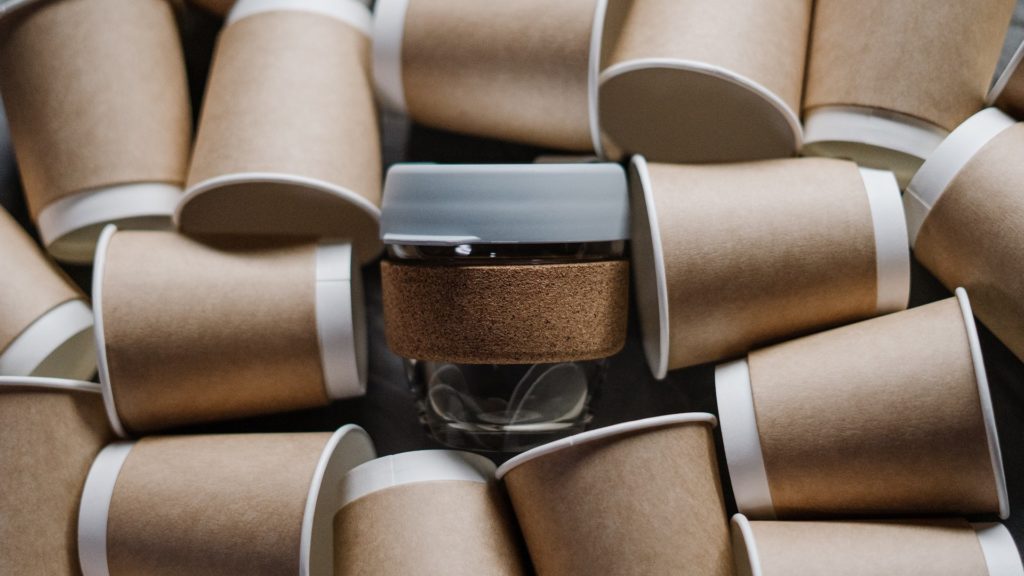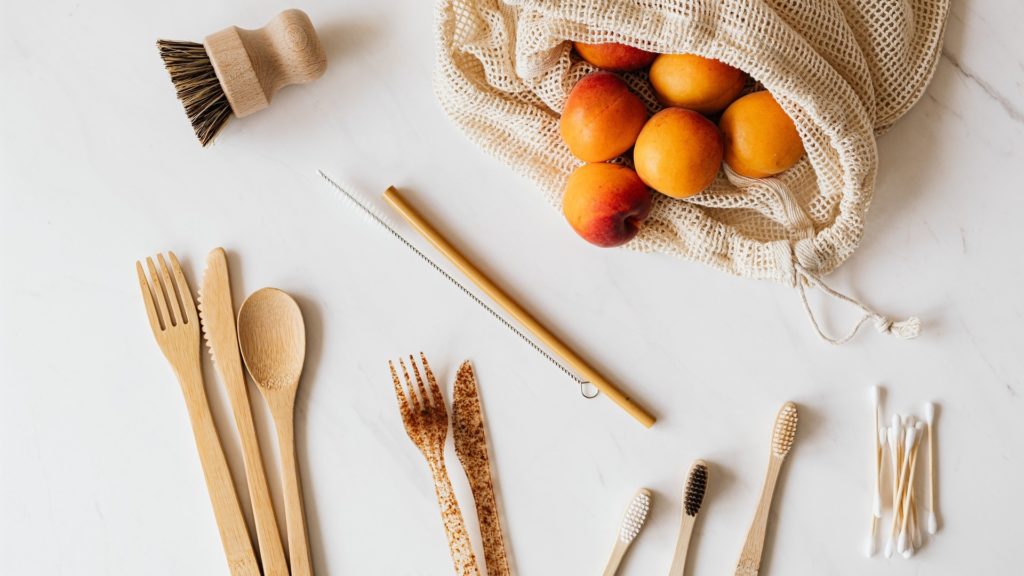
By Adrian Tankard
Business School Green Impact team member
July is plastic free month. Taking the leap to stop using those everyday throw away plastic items that we’ve become accustomed to can seem quite daunting. Why, then, is it so important to let go of plastics, and how can you make taking those first steps easier?
Consider this:
- Since the 1950s, humans have produced over 8 billion tonnes of plastic (the weight of roughly a billion elephants).
- Only about 9% of this plastic has been recycled, the rest ending up in landfills or the general environment.
It’s easy to understand why plastic is rapidly becoming the single most alarming threat to our planet today.

Nearly 13 million tonnes of plastic enter the oceans every year, of which single use plastic (items such as cosmetic packaging, disposable razors and plastic straws) make up half. These are all items that are in everyday use by ordinary people like you, your friends and family, all over the world.
We are literally drowning in plastic waste – and consuming it, as micro-particles of plastic enter the food chain.
Plastic Free July
The Plastic Free July campaign is once again encouraging us to rethink how we let plastic into our lives. If you’re keen to take the big step into going plastic free, the campaign has some great tips to get you going.

But going plastic-free doesn’t have to be something that you just do for one month each year, and nor does it have to be daunting. Plastic has ingrained itself so deeply in our everyday lives, that the thought of how to give up using it can be mind boggling.
Using July as a starting point: The Four R Pledge
This is where the Plastic Pollution Coalition intends to help make it easy for you with the ‘Four R Pledge’. When it comes to single use plastic, this global organisation which helps individuals adopt a zero-waste lifestyle, has put together a pledge that anyone can take:

REFUSE disposable plastic whenever and wherever possible. Choose items that are not packaged in plastic, and carry your own bags, containers and utensils. Say ‘no straw, please’.

REDUCE your plastic footprint. Cut down on your consumption of goods that contain excessive plastic packaging and parts. If it will leave behind plastic waste, don’t buy it.

REUSE durable, non-toxic straws, utensils, take away containers, bottles, bags, and other everyday items. Choose glass, paper, stainless steel, wood, ceramic and bamboo over plastic.

RECYCLE what you can’t refuse, reduce or reuse. Pay attention to the entire life cycle of items you bring into your life, from source to manufacturing to distribution to disposal.
Take the plunge
Will July 2020 be the month that you take the plunge into an ocean free from plastic? Hopefully the Plastic Free July campaign, along with the Plastic Pollution Coalition, can give you some guidance, confidence, but most of all reassurance that letting go of plastic dependence does not have to be a life-changing decision.
Read next: Going plastic-free: Getting crafty with your Four R Pledge


Excellent….. I hadn’t come across this campaign and didn’t know July was designated to focus on the issue. I’ll redouble my effort to cut out plastics……reducing use is something I try to maintain, but plastic is so pervasive it creeps back in (the annoying guest at the end of the party who just won’t leave), so its good to be reminded…..